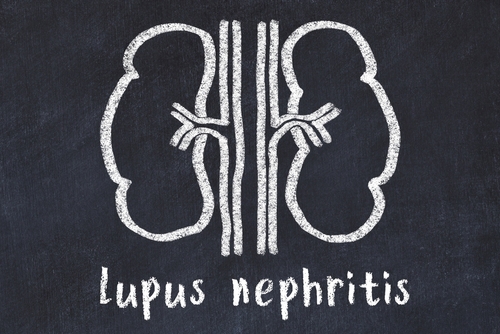
Results from a real-world analysis suggested that there may be an association between antihypertensive drugs (eg, potassium-sparing diuretics, calcium channel blockers, losartan) and an increased risk of hyperuricemia, gout, and related adverse events (AEs). The study was published in Frontiers in Pharmacology.
“The role of antihypertensive drugs in inducing hyperuricemia and gout has been a long-term concern in clinical practice,” the researchers wrote. “We comprehensively evaluated the association between various antihypertensive drugs and the occurrences of hyperuricemia, gout, and related AEs aiming to guide the selection of antihypertensive drugs with a goal of minimizing the risk of hyperuricemia, gout, and related AEs.”
Researchers used the US Food and Drug Administration Adverse Event Reporting System to perform proportional reporting ratios (PRRs) and a disproportionality analysis. Higher PRRs indicate a stronger association, and a positive signal of disproportionality was defined as PRR ≥2.
Remarking on the results of the study, the authors stated: “This study provides the most comprehensive assessment of the association between antihypertensive drugs and the occurrences of hyperuricemia, gout, and related AEs.”
A total of 46 antihypertensive drugs had positive signals for hyperuricemia, and 66 had positive signals for gout. These hypertensive drugs included diuretics, antihypertensive drugs with central action, α and β blockers, calcium channel blockers, angiotensin converting enzyme inhibitors, angiotensin II receptor blockers, and vasodilators.
The findings of this study have further complemented prior studies that have posited that an association exists between hyperuricemia, gout, and certain types of hypertensive drugs. Regarding the clinical implications of their study, the authors wrote, “The recommendation of using losartan or calcium channel blockers for treatment of hypertension in patients with hyperuricemia or gout may not be appropriate.”







 © 2025 Mashup Media, LLC, a Formedics Property. All Rights Reserved.
© 2025 Mashup Media, LLC, a Formedics Property. All Rights Reserved.